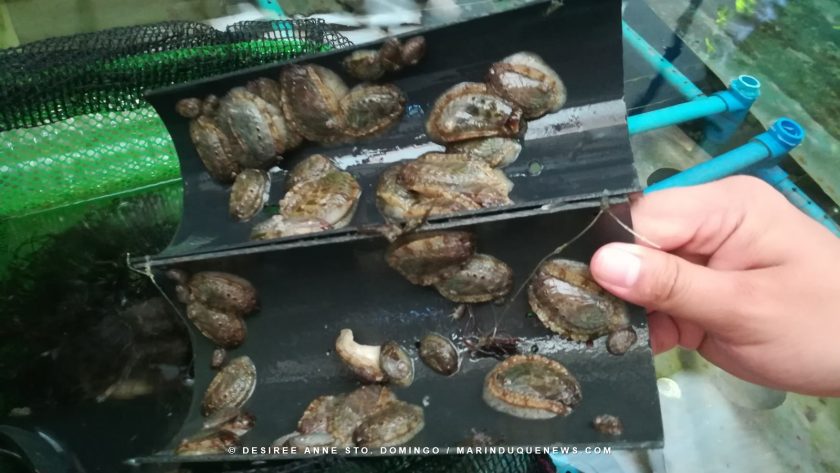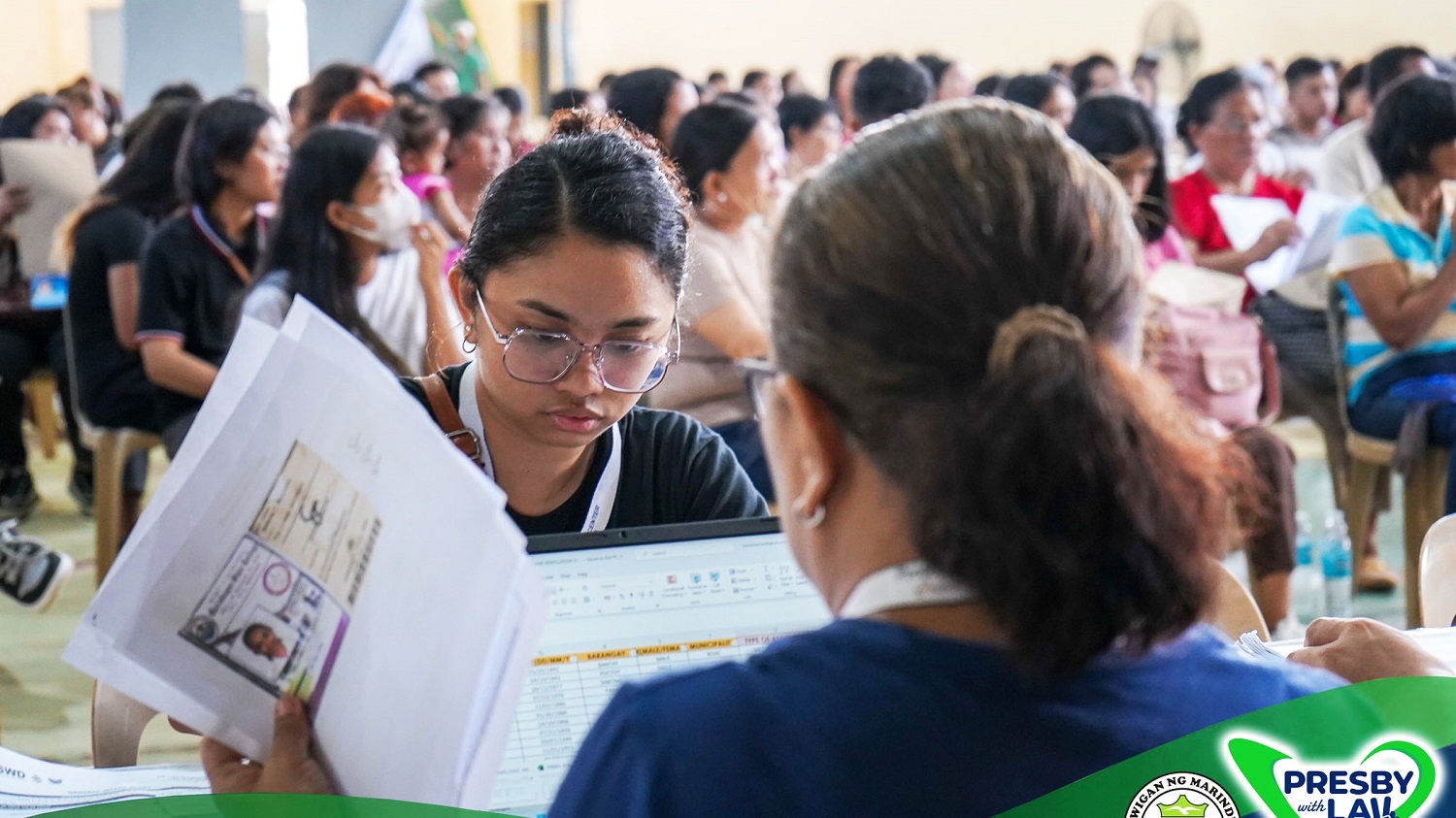TORRIJOS, Marinduque – Aside from the native pig program initiated by Department of Science and Technology – Philippine Council for Agriculture, Aquatic and Natural Resources, Research and Development (DOST-PCAARRD), the growth of food and non-food product from abalone (Haliotis asinina) under the Improvement of Production and Utilization of Abalone program in Mimaropa is another banner project of Marinduque State College (MSC) through the administration of Dr. Merian C. Mani, MSC president.
The Php 1,000,000 project is funded by the Philippine Council for Industry, Energy and Emerging Technology Research and Development (DOST-PCIEERD) in collaboration with the Western Philippines University (PWU) with its project leader, Dr. Ma. Edelwina M. Blase of the School of Agriculture-Torrijos Campus.
The component of food product advancement aims to develop intermediate products for further processing like dried abalone; upscale the developed veggie balls of WPU from abalone and compare with existing commercial product; establish the physicochemical, proximate and microbiological characteristics of the developed products; and demonstrate the application of the developed products through sensory evaluation in comparison with existing commercial products.
Meanwhile, non-food product development aims to utilize and polish empty abalone shells as raw materials for jewelry and novelty items and establish the appropriate pre-treatment and quality packaging of abalone shells.
Nowadays, aquaculture becomes the fastest food producing industry but tropical abalone adds relatively small share in this sector yet it is an expensive and premium seafood commodity.
Read also: MSC Torrijos ‘Markaduke’ now on its profitability testing at the farmers’ field
Recently, MSC and WPU conducted a joint research endeavor to further utilize and promote abalone products having abundant supply in Palawan which could be a good trading spot for Mimaropa in domestic and export supplier of said products.
Currently, the project based in MSC has established the drying parameters for their dried abalone with samples collected from parts of Puerto Princesa, Palawan. Consequently, the project finds the processing of abalone meat into veggies balls technically feasible.

To ensure the characteristics of the products, analyses of abalone meat and veggie balls as to their proximate, microbiological and physicochemical were conducted at the Aquaculture Department Laboratory in Southeast Asian Fisheries Development Center (SEAFDEC) Buyuan, Tigbauan, Iloilo.
In terms of the non-food component, MSC has established the shell treatment to be used for polishing before turning it into novelty items such as key chains and ref magnet.As aresult, one adaptor in Boac, Marinduque signified an interest to utilize the polished white coated abalone shells.
Being a rare marine commodity with high value marine source and most sought-after delicacy, MSC and WPU believe that it has a potential for further investigation through collaborative efforts of research and development to make it sustainable in its future industry be it a food or non-food commodity. – Marinduquenews.com
About the Author:
Desiree Anne Sto. Domingo is currently working as Education Research Assistant at the Office of the Vice President for Research, Development, Extension and Training in Marinduque State College.

